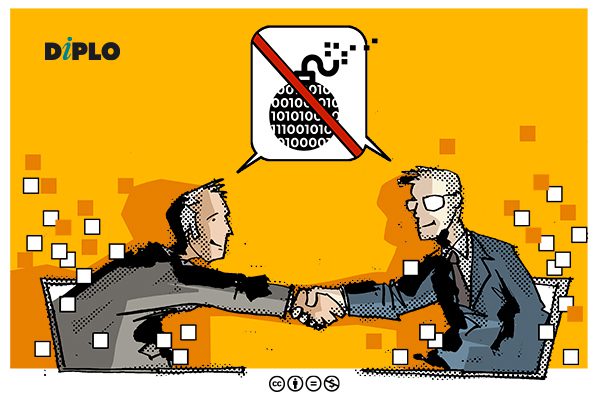Contemporary diplomacy
The term ‘contemporary diplomacy’ describes the methods and tactics countries and other international groups use to promote their interests and carry out their foreign policy goals. The changes in diplomatic practice are influenced by a number of factors, such as globalization, technical advancements, and shifting geopolitical relations.
Contemporary diplomacy implies the use of modern tools in the field of information and communication technologies. Through its use, diplomats are enabled to act promptly according to the goals of interest and to have access to a wide range of information and documents.
The increasing influence of non-state players in influencing international relations, including NGOs, civil society organizations, and multinational companies, is another characteristic of contemporary diplomacy. To accomplish their goals, diplomats must now interact with a broader variety of stakeholders, and they frequently need to collaborate across industries to handle difficult global issues.
Contemporary diplomatic action is more than ever oriented towards multilateral questions and issues that were not so present in the past and today emerge as the key questions like environment and climate change, migration, human rights, the rule of law, etc.









